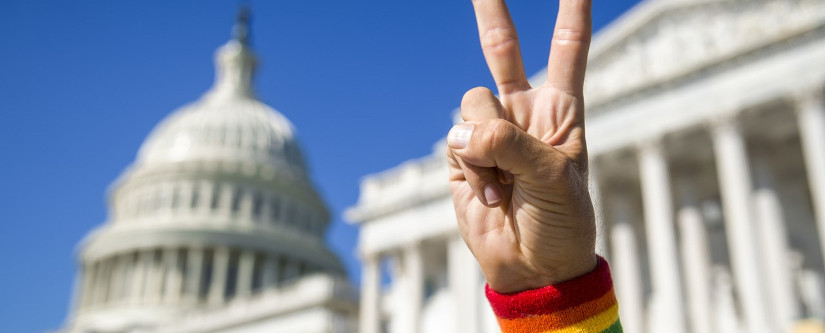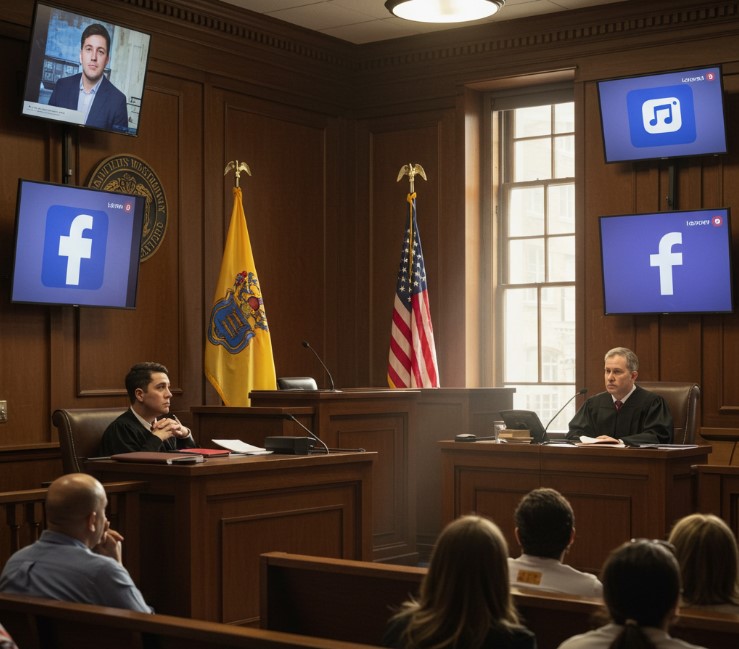Currently, about 21 state laws make it unlawful to permit harassment or discrimination in employment based on gender identity and expression and sexual orientation. New Jersey is one of those states and has been ahead of the current legal curve in that gender identity and expression, including transgender status, and sexual orientation, are expressly considered protected classes under the New Jersey Law Against Discrimination (“_ LAD”). As such, under the LAD, employers are not permitted to harass or discriminate against any employee_based on their gender identity or expression or their sexual orientation. Prior to today, the Federal Anti-discrimination Law, Title VII of the Civil Rights Act of 1964, did not expressly prohibit harassment or discrimination based upon gender identity or expression or transgender status.
The month of June is known as “Pride Month” for the LGBTQ community as rainbows adorn many American towns and cities. Very appropriately, on this 15th day of June, the civil rights tide has changed in that the United States Supreme Court, in a 6-3 vote and in an opinion written by Justice Neil Gorsuch, declared that Title VII of the Civil Rights Act of 1964 protects LGBTQ employees from workplace discrimination in every US State. This opinion was based on three lower court employment discrimination cases based on sexual orientation and gender identity. The opinion is a significant victory for LGBTQ individuals in that the holding clarifies that under Title VII of the Civil Rights Act of 1964, it is unlawful for employers to harass or discriminate based on not only sex or gender, but also based on sexual orientation and gender identity and expression, in all aspects of and terms and conditions of employment. As such, under federal law, you _cannot fire or demote someone simply because they are part of the LGTBQ community. This type of discrimination is unlawful discrimination based on sex or gender which is expressly written into the law. This holding is considered a liberal and broad interpretation of the plain language of Title VII of the Civil Rights Act of 1964. This high court’s opinion is a clear example of a broad judicial interpretation of a law that did not contemplate this exact legal question. Justices Ruth Bader Ginsburg, Stephen Breyer, Sonia Sotomayor, and Elena Kagan joined in the majority of this momentous opinion. So now after many years of fighting for equality in employment, the LGBTQ community has legal protection in the entire United States.













